Water
(The Mother of Tea)
"Water is the mother of tea." – Lu Yu
In the delicate art of tea brewing, water reigns supreme as the essential element that breathes life into every cup. Its purity and quality directly influence the flavors and aromas extracted from the leaves. From pristine rainwater to the mineral-rich depths of wells, each source imbues the brew with a unique character.
"The best water for tea is from a flowing mountain spring, river water is second and well water is the least suitable" – Lu Yu
Lu Yu's teachings provide valuable guidance on selecting the optimal water source for brewing tea, emphasizing a hierarchy from flowing Mountain Springs to well water. As stewards of this ancient tradition, we honor the profound connection between water and tea, ensuring that each infusion is a delicate balance of nature's purity and the artistry of tea-making.
"The taste of tea reflects the taste of water." – Lu Yu
Lu Yu's profound observation underscores the significance of water in the art of tea brewing. Just as water serves as the canvas upon which the flavors of tea are painted, its composition plays a crucial role in shaping the final brew. Research suggests that the ideal Total Dissolved Solids (TDS) for tea water ranges from 6.4 to 64 parts per million (ppm). Within this range, essential minerals like potassium, sodium, calcium, magnesium, and metasilicic acid interact with the tea leaves, contributing to the complexity of flavors and aromas. Notably, the optimal TDS range may vary depending on the type of tea being brewed, with lighter teas flourishing in lower TDS water and darker teas thriving in slightly higher TDS environments. In essence, the taste journey of tea begins with the purity and composition of water, reflecting its essence in every sip.
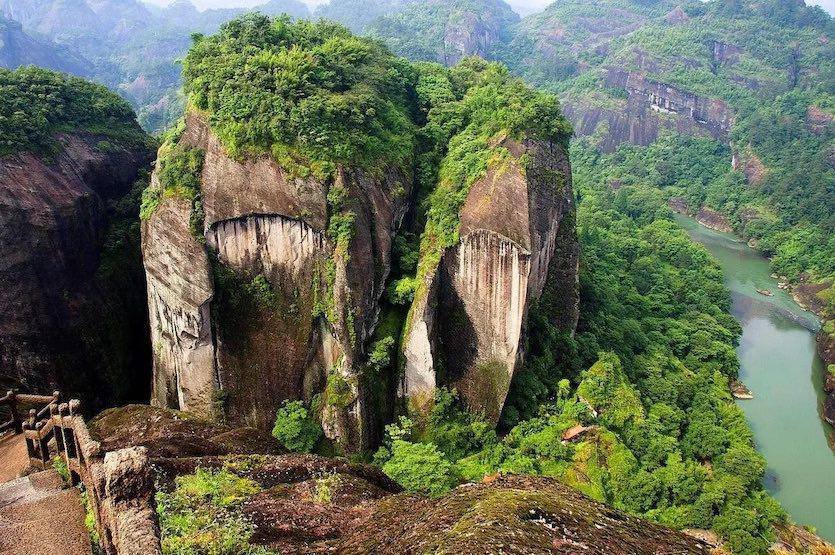
Spring
(Earth Water)
Spring water, sourced from pristine mountain springs like those at Wuyi Mountain in Fujian Province, epitomizes purity and refinement in tea brewing. Its crystal-clear clarity and delicate mineral composition provide an ideal canvas for tea leaves to express nuanced flavors and aromas. Revered for its gentle touch, spring water allows the essence of tea to shine through with clarity and grace, creating a symphony of elegance in every sip. Despite pollution affecting many springs, these exceptional sources continue to uphold the tradition of providing water of unparalleled quality for brewing exceptional teas, honoring the enduring connection between water and the artistry of tea-making.
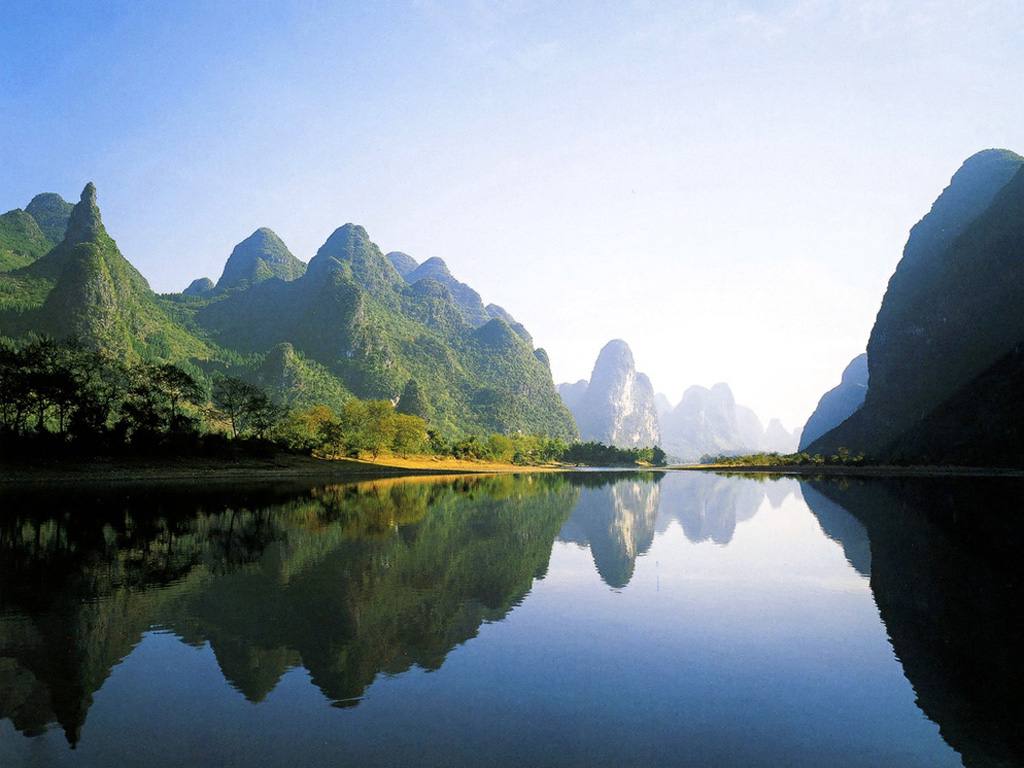
River
(Earth Water)
River water, unlike the pristine clarity of mountain springs, offers a distinct character in tea brewing. Though less pure, river water provides a dynamic canvas for tea infusion, with its slightly varied mineral composition adding depth to the brew. While not as delicate as spring water, river water's nuanced profile accentuates the flavors of tea leaves, creating a harmonious balance of taste. Despite the challenges of pollution, select rivers retain purity suitable for tea brewing, ensuring each cup remains a testament to the enduring connection between natures vitality and the artistry of tea-making.
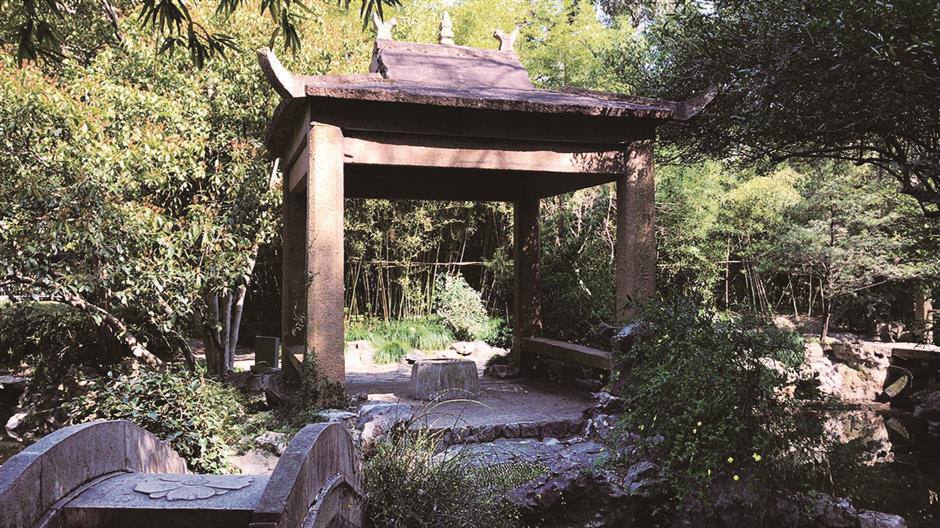
Well
(Earth Water)
Well water, often lauded as a convenient water source, presents significant challenges in tea brewing. Its high mineral content, as noted by tea master Lu Yu, renders it unsuitable for the delicate art of tea-making. The pronounced mineral taste of well water overwhelms the subtle flavors of tea leaves, resulting in a brew that lacks refinement and balance. Regrettably, well water serves as the primary source for most tap water, further complicating the quest for quality tea. For those reliant on well water, the necessity of water softening becomes paramount to mitigate its adverse effects on tea brewing. In the realm of tea, where purity and subtlety reign supreme, the mineral-rich nature of well water stands as a formidable obstacle to achieving the perfect cup.
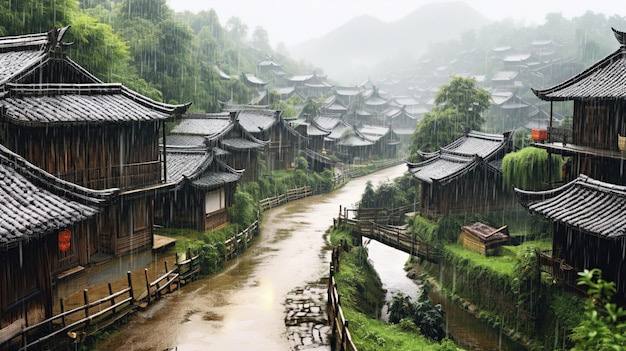
Rain
(Heaven Water)
Rainwater, hailed as the purest form of water by tea masters, presents a unique opportunity for tea brewing. Similar in nature to distilled water, rainwater's journey from the heavens down to earth imbues it with a pristine quality untainted by mineral impurities. However, its purity can sometimes be excessive, akin to distilled water, as only the pure water evaporates and condenses into raindrops while leaving minerals behind on the ground. Purity is beneficial, but some minerals are necessary to bring out the full aroma and flavor profile of tea. In addition, rainwater picks up some minerals on its descent, along with potential pollution if collected in urban areas. For tea enthusiasts fortunate enough to access clean rainwater, meticulous filtration is essential to ensure its suitability for brewing tea. In the pursuit of the perfect cup, rainwater stands as a symbol of nature's purity, to be cherished and collected with care in pristine environments where the stars illuminate the night sky.
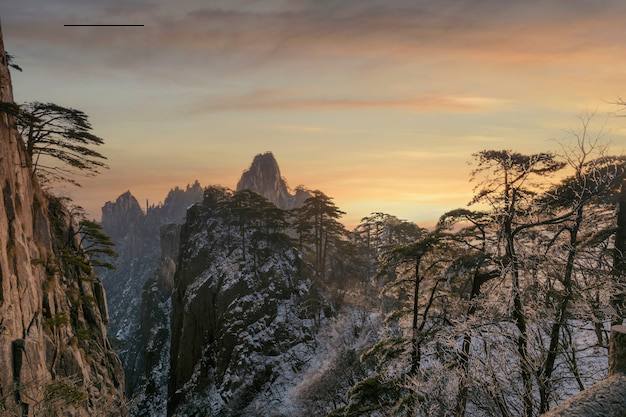
Snow
(Heaven Water)
Snow water, akin to its counterpart rainwater, is revered by tea enthusiasts for its purity and delicate nature. Like rainwater, snow water undergoes a natural filtration process as it evaporates from the earth, resulting in a remarkably clean and crisp quality. However, snow water possesses its own unique charm, as its formation and collection require specific conditions that contribute to its purity. Tea masters, with their meticulous attention to detail, emphasize the importance of not only collecting snow water from pristine environments but also selecting the appropriate location, such as beside a specific tree, to ensure the highest quality. This level of precision underscores the reverence for nature's purity in the art of tea brewing. As with rainwater, meticulous filtration is essential to ensure snow water's suitability for brewing tea. In the pursuit of the perfect cup, snow water stands as a symbol of nature's pristine beauty, to be collected with reverence and care in environments where tranquility and purity prevail.